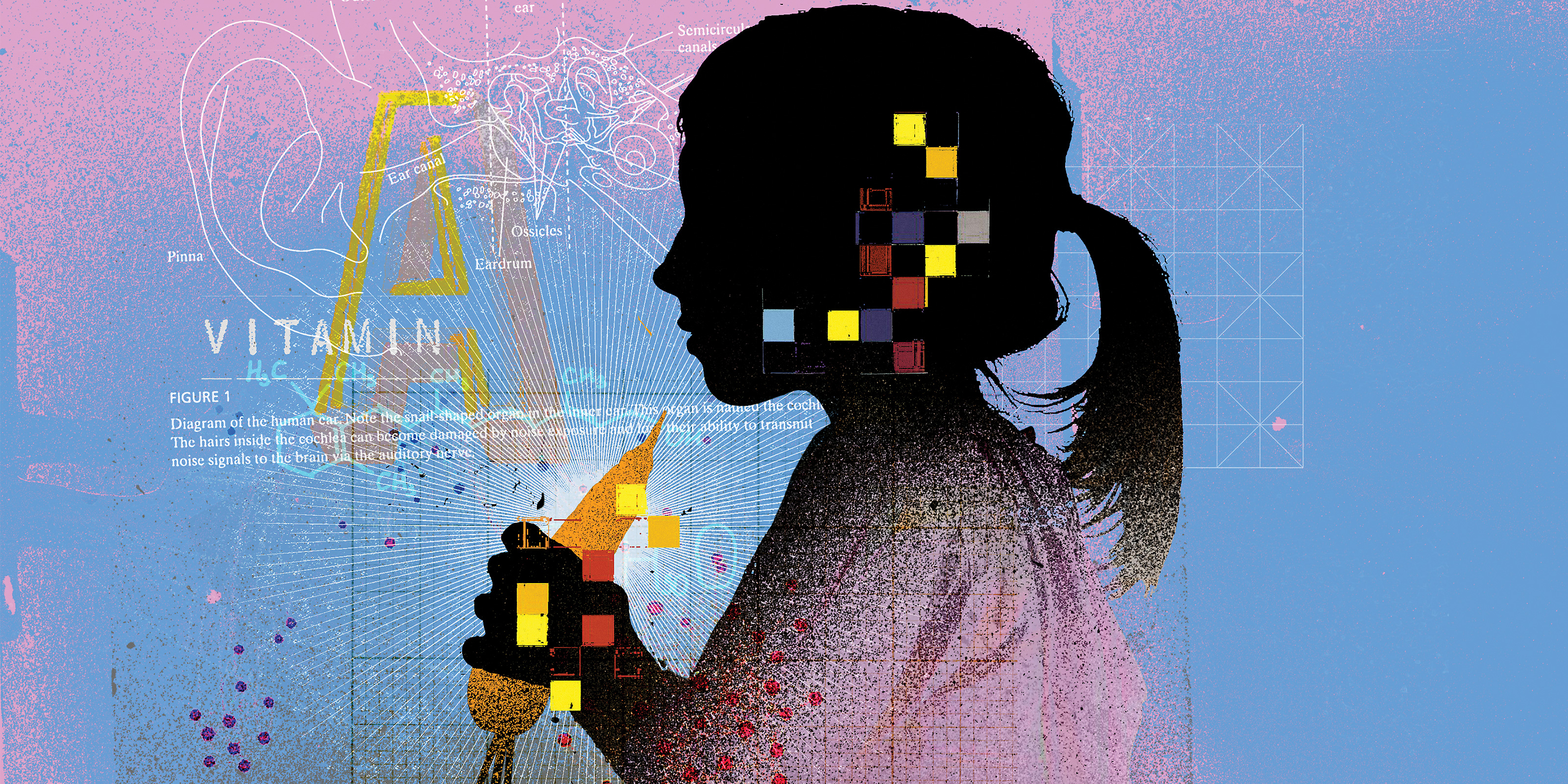
The Confirmed Correlation Between Childhood Malnutrition and Later Hearing Loss
Hearing health starts with good nutrition in early childhood.
For some four decades, Keith West, DrPH ’86, MPH ’79, has studied the epidemiology and worked to prevent health consequences of nutritional deficiencies. His team’s most recent study, published in February in the American Journal of Clinical Nutrition, suggests that young adults who experienced malnutrition as preschoolers are twice as likely to suffer hearing loss.
“My catchphrase is that this is a story worth listening to,” West says. “Undernourishment is associated with more severe infections, and the ear is not spared. The dominant cause of hearing loss that emerges from childhood is related to the middle ear infection otitis media.”
It is estimated that about 20 percent of children and young adults in South Asia have hearing loss; it is the fourth leading disability worldwide. In a study of more than 2,000 young adults in Nepal in 2006–07, West’s doctoral student Jane Schmitz, PhD ’08, found that periodic oral doses of vitamin A in early childhood could reduce hearing loss related to ear infections by 40 percent. This latest study of the same cohort of young adults by West’s former fellow Susan Emmett, MD, MPH ’14, looks at the link between general childhood undernourishment and later hearing loss.
West first began work in that country back in the late ’80s, when he conducted a large randomized trial looking at the impact of vitamin A supplements on childhood illness and mortality. Participants were examined every four months during the 16-month trial, and researchers noted those experiencing wasting (too thin for their age) or stunting (too short for their age), both of which can be signs of moderate-to-severe undernourishment. West’s team returned to these children some 16 years later when they were young adults and measured their hearing, thus establishing the correlation between childhood malnourishment and later hearing loss.
“We have a rather myopic view of the benefits of early life nutrition programs,” West says. “But if we start to pull together tangible evidence that there are longer-term benefits to solving nutrition problems early in life, the nutrition programs look more beneficial and worthy of resources.”
Emmett and West hope a new generation of portable audiology equipment will help fuel a greater global focus on hearing loss. “We’re starting to get devices that you can take out into villages and actually measure this problem quickly and decisively,” West says. “It’s all a very exciting public health frontier.”